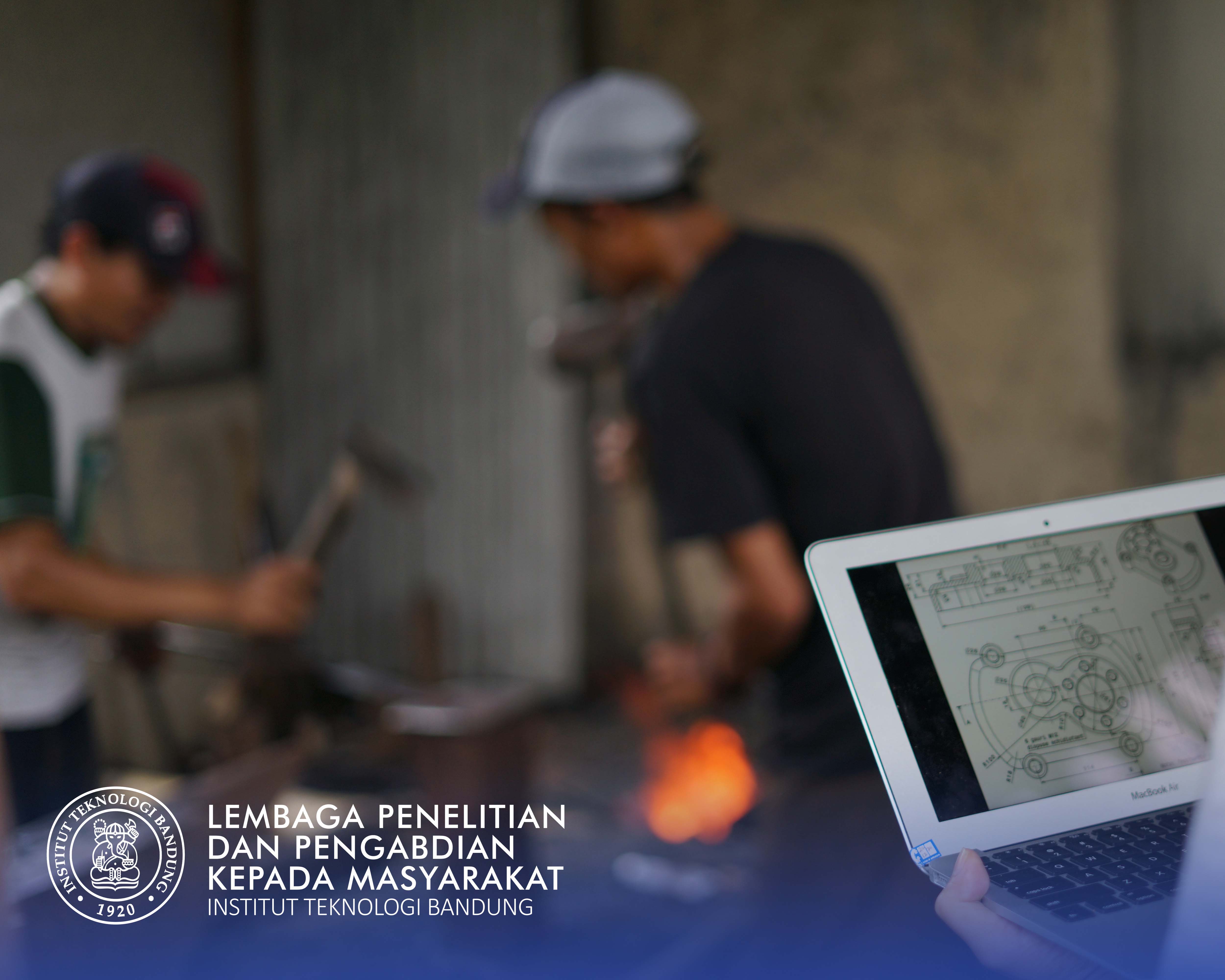

Dr. Ir. Dwina Roosmini, MS
Technology and Internet of Thing are very rapid information systems. In today various fields use technology to help and speed up the process so that, develop various approaches using SMART words. The number of environmental information systems in the world so that water quality, air and other data can be easily accessed in a very informative display utilizing geospatial information techniques. The Citarum Hulu River so far the TPL KK has also collaborated and coordinated with water quality data with the Department of Warriors and Forestry, West Java Province, Bandung Regency Department and the Citarum River (BBWS) Hall. The central government has a very large program, involving various ministries, ABRI, police and local governments for Citarum's improvement. The problem with the decrease in kialautas water, the water parameters for rivers have been shamped, both heavy metals, organic compounds and physical and biological conditions. Efforts to improve the Citarum River have been carried out such as the Clean Program, Citarum Vibrating, National Program for Forest and Land Rhabilities, Integrated Citarum Water ResousRces Management, Citarum Bestari and Citarum Harum. To be able to monitor the success of improving water quality, of course, requires water quality data, so the water quality monitoring program is needed. This service program is very good opportunities for the fragrant Citarum program in monitoring the success or performance of the programs carried out so far.
Produce an integrated web-based water quality information system and can be used by decision makers in evaluating the condition of the quality of the upstream Citarum River. The database is beneficial for the general public and stakeholders regarding the management of the Hulu Citarum River.
Water quality data retrieval requires high costs carried out by various parties according to their respective interests with various methods that can be assessed. Universities also take water quality data retrieval for the interests of education and research. This condition causes water quality data to become scattered, and it is difficult to access for a broader interest.